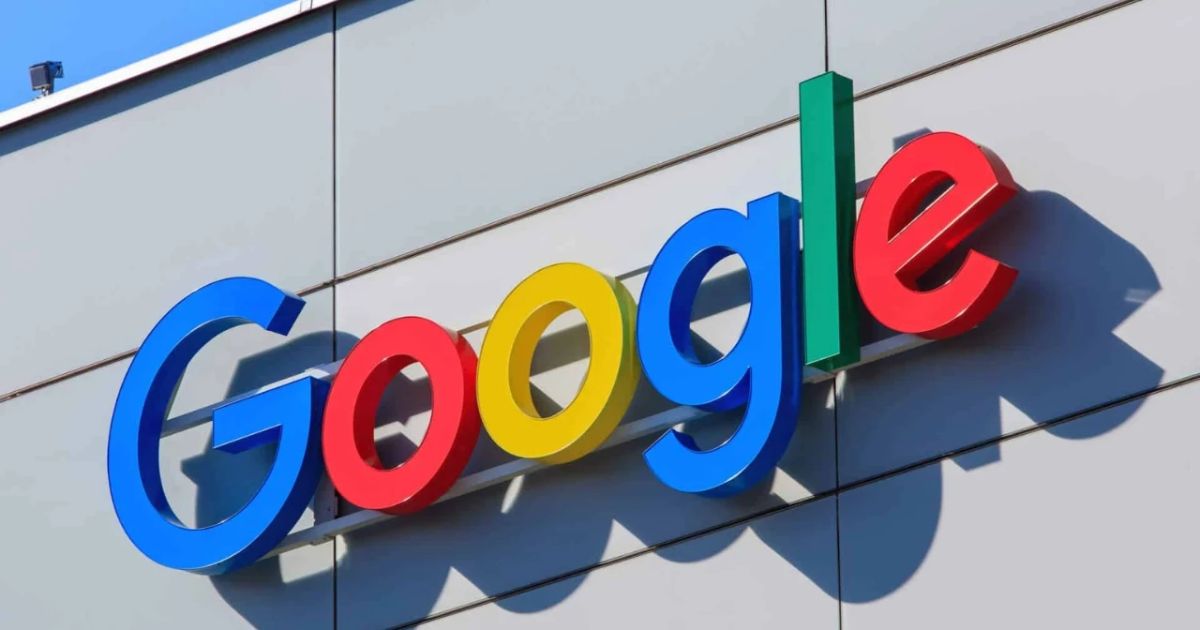Google is planning to end its partnership with Scale AI after Meta acquired a 49 percent stake in the AI data-labeling startup, according to a report in Reuters. The move signals a major reshuffle in the AI industry, where concerns over data confidentiality and competitive risks are rising sharply.
The decision comes as Google rethinks its vendor strategy to avoid potential exposure of proprietary research to a major rival.
Meta Stake in Scale AI Triggers Google’s Exit Strategy
Google was reportedly set to spend nearly $200 million this year on Scale AI’s services, which are crucial in training AI models like Gemini, the company’s answer to ChatGPT. However, with Meta becoming a major stakeholder in Scale, Google has already begun discussions with competing vendors, Reuters reported.
The deal has boosted Scale AI’s valuation from $14 billion to $29 billion. Yet, it has also placed the startup in a delicate position. Scale AI’s CEO Alexandr Wang, along with several employees, is expected to join Meta’s AI team.
Given that Scale AI’s client base is concentrated, losing Google could significantly affect its financial health. In a statement, the company said it remains committed to safeguarding client data and working with both governments and enterprises, although it declined to comment specifically on the Google situation.
Other Tech Giants Also Step Away From Scale AI
Scale AI generated $870 million in revenue in 2024, with Google contributing about $150 million to that total. But now, other tech giants are re-evaluating their relationships with the company.
According to Reuters, Microsoft is also distancing itself, while Elon Musk’s xAI is preparing to exit. OpenAI reduced its reliance on Scale AI months ago, though a company spokesperson confirmed that Scale remains one of its many data vendors.
Concerns are growing that by doing business with Scale, companies could inadvertently share internal strategies or technical information with Meta. Data-labeling requires firms to send proprietary models and early-stage products to Scale’s workforce for annotation.
This potential data leakage has prompted many AI labs to rethink their partnerships.
None of the affected companies including Google, Microsoft, OpenAI, and xAI chose to comment publicly.
AI Data-Labeling Rivals See Surge in Demand
Scale AI has long been known for offering access to a network of highly qualified human trainers. These individuals annotate complex datasets that are critical for refining AI models. Some annotations can cost up to $100 due to the level of expertise involved.
Though Scale continues to work with clients in sectors like autonomous vehicles and the U.S. government, its biggest source of income remains generative AI firms.
With Google leading the exit, the door is now wide open for competitors.
Turing CEO Jonathan Siddharth told Reuters that the industry is now realizing neutrality in data vendors is crucial. “The Meta-Scale deal marks a turning point. Leading AI labs are realizing neutrality is no longer optional, it’s essential,” he said.
Labelbox is also witnessing a boom. Its CEO Manu Sharma predicted that his company could bring in hundreds of millions in new revenue by the end of the year as customers leave Scale.
Handshake, a startup specializing in expert-level data annotation, saw a sharp spike in demand. “Our demand has tripled overnight after the news,” said CEO Garrett Lord.
Brendan Foody, CEO of Mercor, said many companies are now leaning toward in-house data labeling to keep tighter control over their information. His firm provides automation tools for hiring vetted data labelers quickly.
Scale AI’s Future Closely Linked With Meta’s AI Plans
Founded in 2016, Scale AI has helped power many of today’s advanced AI tools by supplying vast amounts of clean, labeled data. The company’s services were instrumental in training language models like OpenAI’s ChatGPT.
With Meta’s investment, Scale AI is expected to take on a more central role in Meta’s AI development strategy. As part of the deal, CEO Alexandr Wang will assume a senior leadership role within Meta’s AI division.
While this may benefit investors like Accel and Index Ventures, it adds pressure on Scale to prove it can retain client trust despite the perceived conflict of interest.
Meta is also under pressure to re-establish its standing in the AI race, particularly after the lukewarm reception to its Llama 4 models released in April.
As the competitive landscape changes rapidly, companies are reassessing their alliances, with security and strategic independence now playing a bigger role than ever.
ALSO READ: Who is Alexandr Wang? The Scale AI Founder Joining Meta’s AI Efforts After $14.3 Billion Deal







